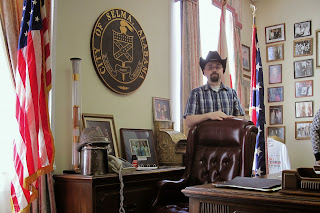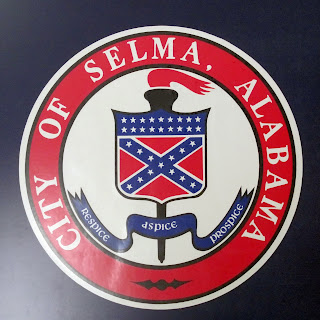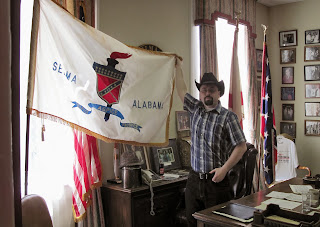William Joseph Hardee (1815 – 1873) was a career U.S. Army officer, serving during the Second Seminole War and fighting in the Mexican-American War. He served as a Confederate general in the west during the American Civil War, quarrelling sharply with Braxton Bragg and John Hood.
He opposed Sherman in Georgia, escaping into Carolina, before surrendering with Joseph E. Johnston. Hardee's writings about military tactics were widely used on both sides in the conflict.
After the war, Hardee settled at his wife's Alabama plantation. After returning it to working condition, the family moved to Selma, Alabama, where Hardee worked in the warehousing and insurance businesses. He eventually became president of the Selma and Meridian Railroad.
He fell ill at his family's summer retreat at White Sulphur Springs, West Virginia, and died in Wytheville, Virginia. He is buried in Live Oak Cemetery, Selma.
He opposed Sherman in Georgia, escaping into Carolina, before surrendering with Joseph E. Johnston. Hardee's writings about military tactics were widely used on both sides in the conflict.
After the war, Hardee settled at his wife's Alabama plantation. After returning it to working condition, the family moved to Selma, Alabama, where Hardee worked in the warehousing and insurance businesses. He eventually became president of the Selma and Meridian Railroad.
He fell ill at his family's summer retreat at White Sulphur Springs, West Virginia, and died in Wytheville, Virginia. He is buried in Live Oak Cemetery, Selma.


























































































